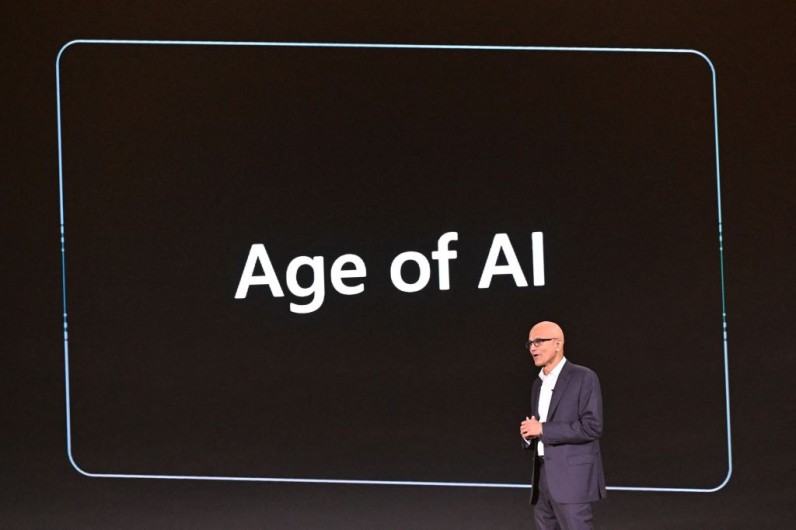
Artificial intelligence or AI engineers across major tech companies reported experiencing burnout. They rushed product rollouts as they found themselves caught in a relentless race to outpace competitors, according to reports gathered by CNBC.
These engineers describe a working environment where the pressure to quickly deploy AI tools has become the norm, overshadowing concerns for practical application and ethical implications. Much of their workload, they claim, is driven by the need to appease investors rather than address genuine user needs.
Why AI Engineers Face Burnouts
One Amazon AI engineer recounted a recent incident in which a project demanding grueling hours over a weekend was abruptly deprioritized. This exemplifies a recurring pattern of AI initiatives being shelved in favor of new priorities.
Across the industry, similar tales emerge of engineers racing against time, often sacrificing quality and thorough testing to meet tight deadlines.
This frantic pace is not unique to Amazon; engineers at tech giants like Google and Microsoft echo similar sentiments. The pressure to keep up with competitors like OpenAI has created an environment where speed is prioritized over ethical considerations and real-world impacts.
Executives from these tech giants openly acknowledge AI's role in shaping their future strategies. In fact, VCPost earlier reported that a Google executive has advised employees to move within "shorter deadlines" to keep up.
Even beyond industry giants, startups and government agencies feel pressured to capitalize on the AI boom, often at the expense of meaningful innovation.
Engineers lament being tasked with projects that lack clear objectives or practical applications, describing their work as "a big pile of nonsense."
Amazon and other tech giants investing in AI have yet to comment on this matter.







Join the Conversation